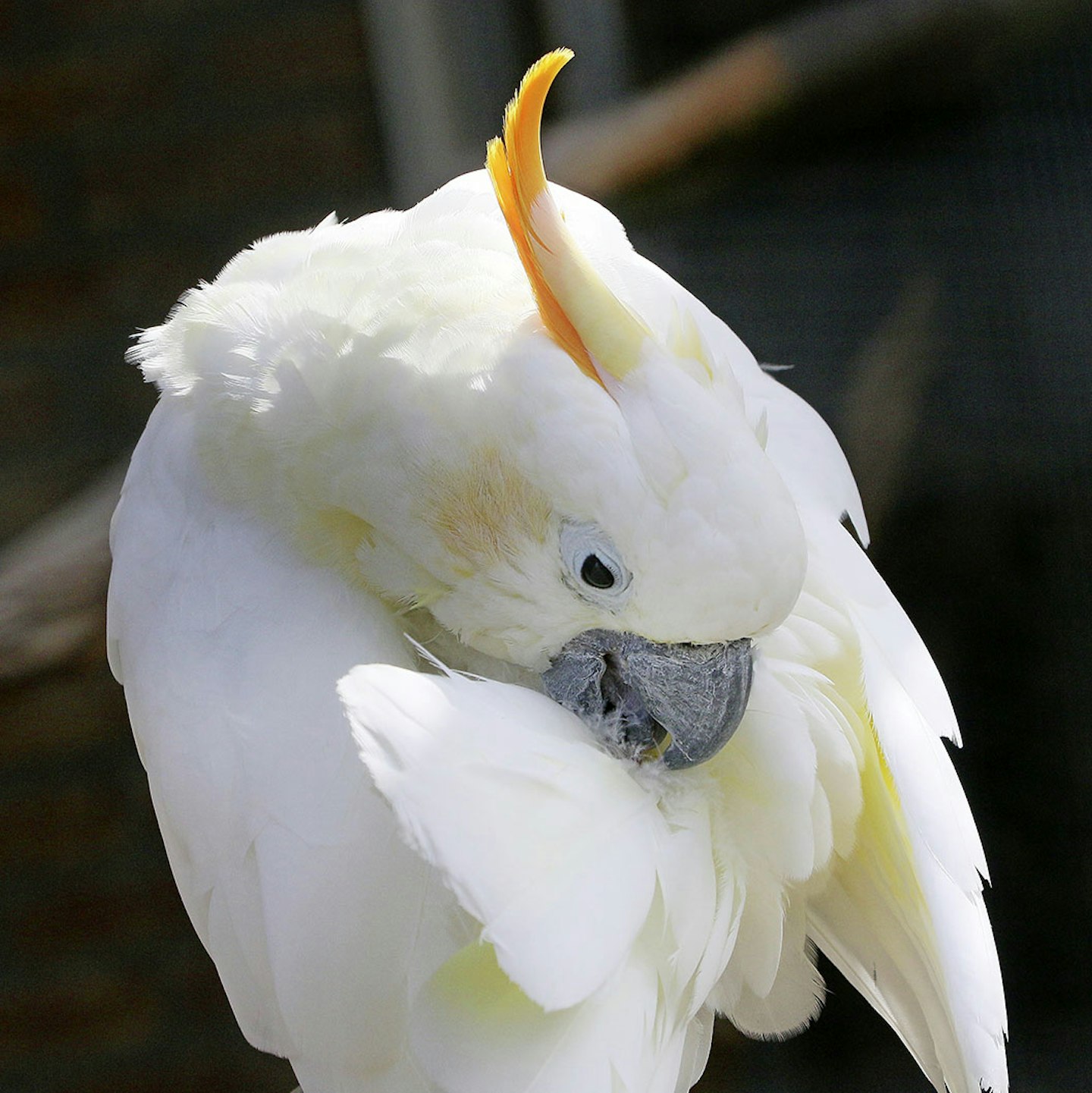'Hi, I’m Dr Michael. I studied veterinary medicine and zoology at the University of Edinburgh, then completed a small animal and exotics internship and currently live in London. I work as a vet at the RSPCA’s Putney Animal Hospital and absolutely love it. Every day is a new adventure!'
My cockatoo keeps plucking a certain area. It looks like it hurts him – why is he doing this and how can I stop him?
Over-preening in parrots can be extremely tricky to treat in some cases and requires some detective work. The most important thing to do first is have your cockatoo checked over by a vet to rule out medical causes of over-preening, such as respiratory infections or painful feet/wings. Non-medical causes can include stress (even small changes like a new sofa can spook a parrot), boredom and a change in routine.

Like many, I’ve been home a lot more recently, and guilty of giving my Beagle more treats than usual. Any tips on how he can shift this extra weight?
I think we’re all guilty of putting on a few extra pounds during lockdown! Start by measuring out his daily meals using the weight guide on his food packaging. Free pouring always leads to us adding more than needed. Take him on longer walks and encourage bursts of exercise e.g. chasing a ball. Keep treats to a minimum and avoid heavily processed dog treats. Oh, and table scraps go in the bin, not his bowl!
What are the signs of antifreeze poisoning in animals?
Antifreeze toxicity can be lethal to dogs and especially cats, causing rapid renal failure. Symptoms of ingestion (even a few licks) can range from vomiting, lethargy and increased drinking and urination initially to severe depression, seizures and the inability to produce urine. Cats are strangely attracted to the smell and taste of antifreeze so always keep it stored away safely and clean up any spills. Contact your vet ASAP if you suspect antifreeze toxicity.
My white Maltese has tear-staining around her eyes. It doesn’t look very nice, though doesn’t seem to bother her. Is there anything I can do?
Tear-staining is caused by pigments dogs have in their tears called porphyrins, which can stain fur. It becomes obvious when dogs either produce more tears than normal, often due to irritation from fur around the eyes, or they can’t drain excess tears due to small or blocked tear ducts. Start by always keeping the hair around your pooch’s eyes short and clean the area daily with a wet cotton pad or doggy eye wipes.
My rabbits live in a hutch in our garage, which gets very cold in the winter. Should I move them inside?
Rabbits usually do quite well in cold weather, as long as they have somewhere cosy and dry to take shelter. Provide a small nesting area in the hutch which you can fill with lots of hay, and line the bottom with newspaper for added insulation. In very cold weather you can also cover part of the hutch with blankets and tarpaulin to keep them extra snug (making sure there is adequate ventilation) or you could move them into a shed or unused garage - but they must always have access to an exercise area.
Get your copy of Take a Break Pets here.
